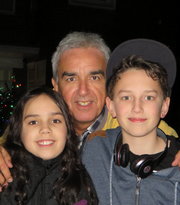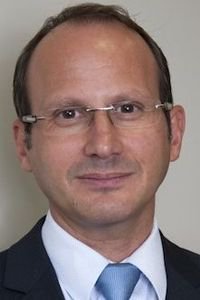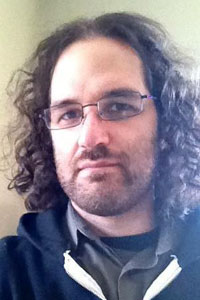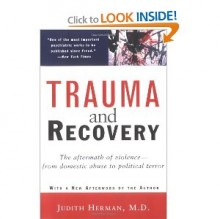 2. Working towards solutions with Sharing Culture
2. Working towards solutions with Sharing Culture
We developed Sharing Culture as a way to help tackle historical trauma (and its consequences) and facilitate Indigenous healing.
Sharing Culture is a grassroots initiative based on the core values of authenticity, connection, courage, creativity, empathy and forgiveness. We use a strengths-based, solution-focused approach that celebrates success and fosters positivity, acceptance and cultural pride.
We recognise that self-determinism is a central foundation of healing – solutions must come from Indigenous communities. At the same time, non-Indigenous people can contribute to this healing process in a variety of ways.
One major way that Sharing Culture will facilitate this healing process is to generate high quality educational content and Stories about Indigenous healing and the healing of trauma, and distribute it in the most effective manner to as wide an audience as possible.













